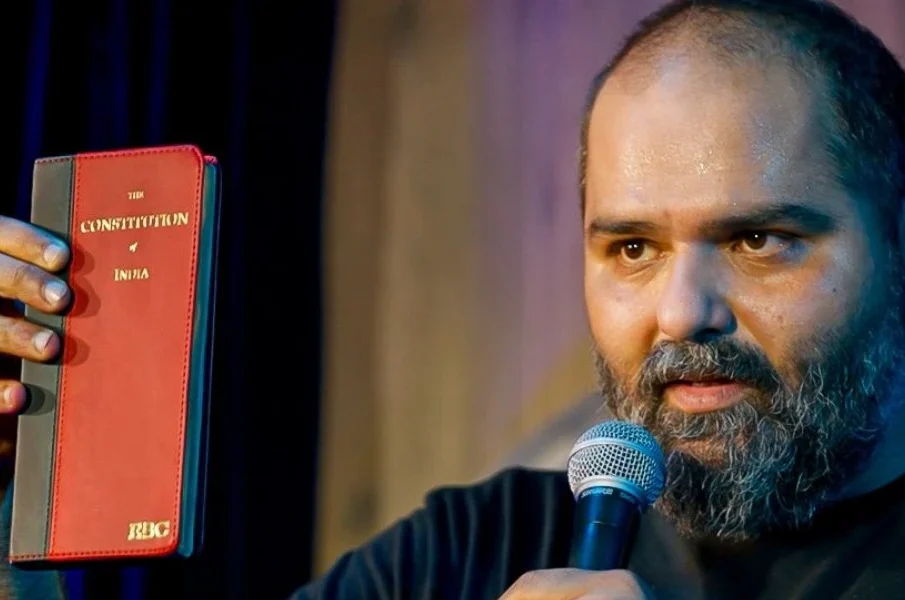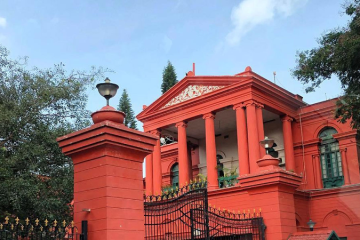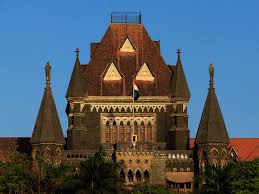Kunal Kamra’s Legal Victory in High Court: A Landmark Moment

Introduction
The recent High Court ruling regarding comedian Kunal Kamra has captured headlines across India, emphasizing the delicate balance between freedom of speech and public interest. As a prominent figure in the Indian comedy scene, Kamra’s legal challenges have raised significant questions about artistic expression and censorship in the country, making this event particularly relevant to both his fans and free speech advocates.
Details of the Case
In a judgment delivered last week, the High Court ruled in favor of Kunal Kamra, who was seeking to challenge a travel ban imposed on him by the Indian government. The government had cited security concerns and public sentiment following Kamra’s controversial jokes related to political figures and events. Kamra has argued that his work as a comedian is protected under the right to free speech as guaranteed by the Indian Constitution. The judges noted that while public sentiment is important, it should not be a reason to curb individual freedoms, especially in the realm of art and comedy.
The Context of the Ruling
Kunal Kamra rose to fame for his witty and often politically charged content, which has resonated with young audiences and sparked debate on important social issues. However, his humor has also drawn criticism and backlash, with some accusing him of crossing lines that warrant legal action. This ruling is seen as a pivotal moment in the ongoing discourse regarding the treatment of comedians and satirists in India, particularly in a politically charged environment. Legal experts suggest that the High Court’s decision may set a precedent for future cases involving freedom of expression and the responsibilities of artists.
Significance for the Future
This ruling could have broad implications for the comedy industry in India. Many comedians are likely to take note of the court’s decision, which may embolden them to tackle more controversial subjects without fear of legal repercussions. On the other hand, it also puts a spotlight on the need for comedians to navigate the fine line between humor and offense, particularly in a diverse society with varying sensitivities. As the country moves forward, this case may serve as a landmark moment for free speech, emphasizing the importance of maintaining artistic freedom even in the face of dissent.
Conclusion
As Kunal Kamra continues to engage audiences with his unique style of comedy, the High Court’s ruling stands as a testament to the enduring importance of free expression in India. It is a reminder that while the freedom to joke and critique is essential in any democratic society, it’s crucial to remain respectful of differing perspectives. The conclusion of this case may also serve as a clarion call for dialogue on the bounds of artistic freedom and societal expectations in India.








